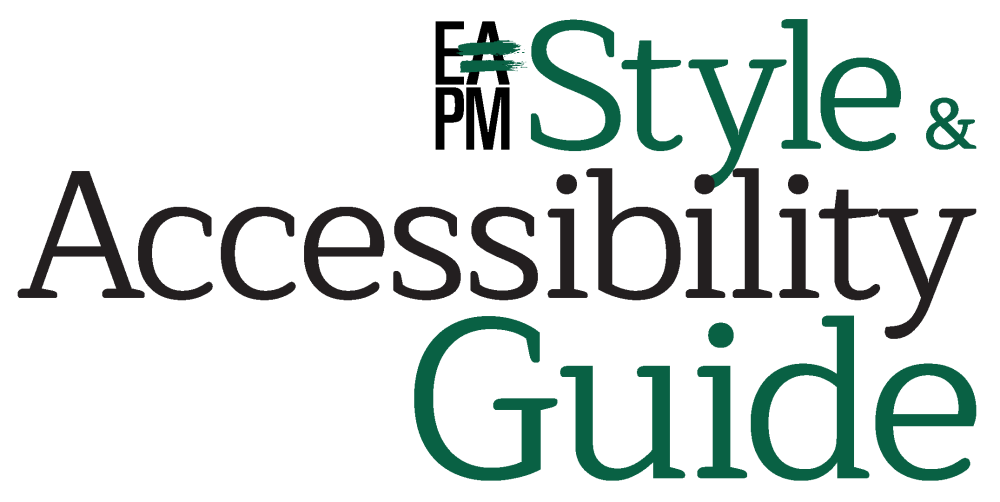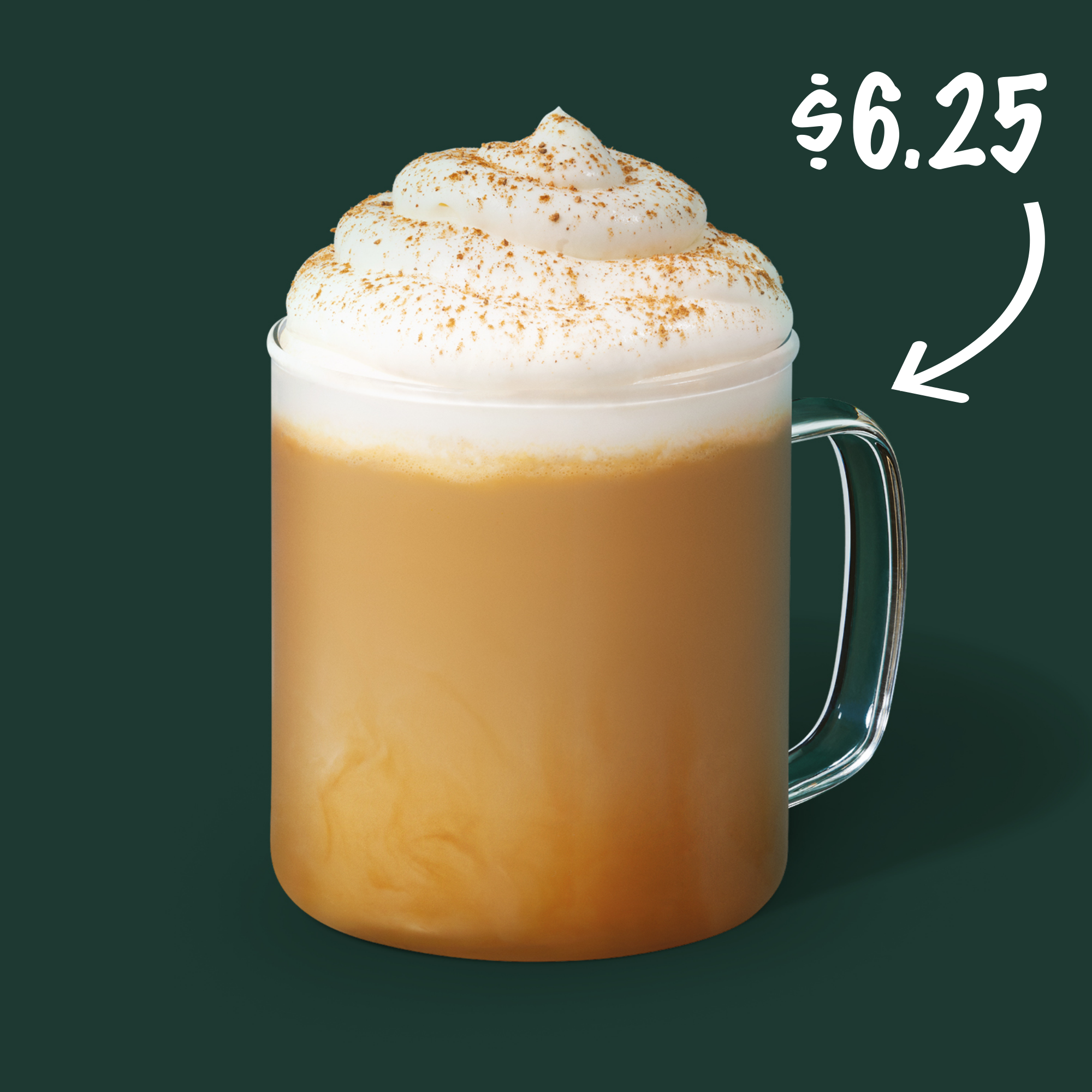Punctuation
-
apostrophe
An apostrophe conveys possession in most cases. The rules around apostrophe use change…
-
brackets
Used by some in journalism to convey editorial insertion or clarification within quotes or to mark…
-
bullets
Bullets are used to offset items on a list. The bullet is coded using tag to note that it’s an unordered…
-
colon
The colon has four punctuation purposes: to set off lists, to set off a clause with emphasis…
-
comma
Represents a short pause in a sentence, divide parts of a sentence, or divide items in a list. When commas divide…
-
ellipsis
Use an ellipsis to condense quotes, texts or documents — ensuring not to change the meaning of the quote, text or document. Set…
-
em-dash
Use the em-dash between the dateline and the start of the first paragraph, surrounded by…
-
en-dash
The en-dash is used to indicate a span of time or place or to relace the word to. In headlines, sidebars, pullout…
-
exclamation point
Only used in columns or op/ed pieces, with discretion. If used in a quote, it is placed inside…
-
hyphen
A hyphen is used: •in compound modifiers (two or more words that express a single concept)…
-
parentheses
Use sparingly and try to write around using them. Parentheses are generally not read by not read by screen…
-
period
Periods end declarative statements, mildly declarative statements, rhetorical statements, and…
-
question mark
Use a question mark at the end of a direct question, an interpolated question, at the end of a…
-
quotation marks
Used around direct quotes; partial quotes and quote fragments; and words or phrases that are irony…
-
semicolon
A semi-colon has two uses: (1) to separate items within a list and (2) to connect two sentences or complete…
Didn’t find what you need?
Try searching the Style and Accessibility Guide in the box below
Join the Guide patrons
The Style and Accessibility Guide is free to use because people like you have become Guide patrons. Consider joining for $24.99 a year — or any amount you choose.

